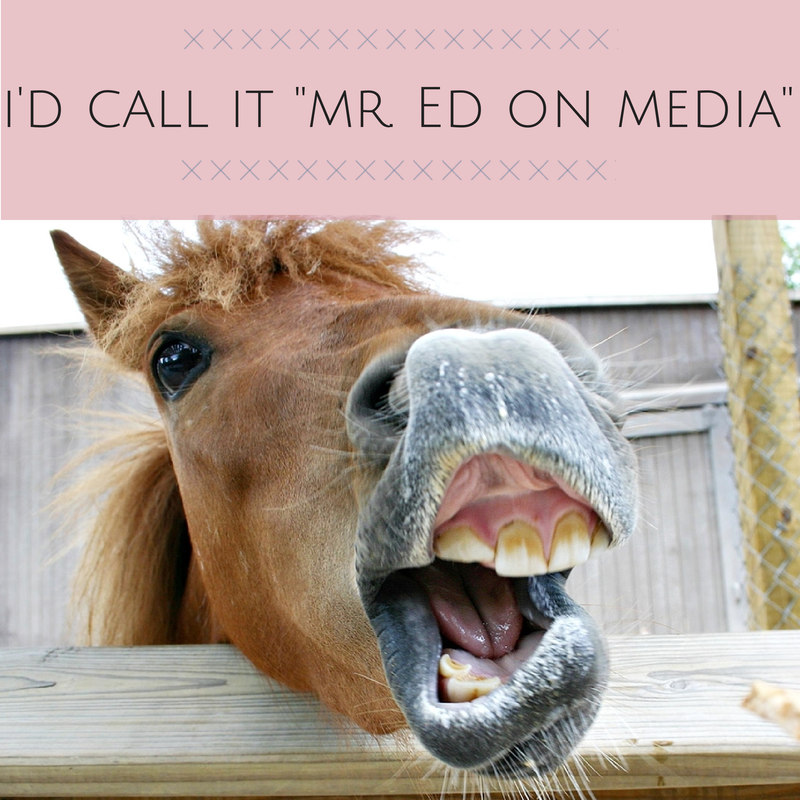Taylor Swift hacked Google with her very first hit song. Smart girl that she is, she figured out that if she named her song after a major country music star, it would start to show up in searches relating to that genre. “Tim McGraw” became her first single and her first hit, and the rest was history.
The name wasn’t a particularly original idea – among others who have named songs after famous people, Sheryl Crow had released “Steve McQueen” four years earlier – but search wasn’t as sophisticated in 2002 as it was in 2006, and neither was the way we used it. More important, Swift named her song for a top act who was currently recording music in the same genre as hers, helping drive her results up the chain for people searching for top country songs or artists.
The rest of the music industry has long since figured this out. Beyond the obvious names of current stars, now we’re seeing titles like “The Best Song Ever” (One Direction) – surely a home run in search – or unique, non-competing terms like “Chandelier” and “Umbrella”. (Did you just go “ella, ella, ella” in your head? I did.)
As bloggers, we can use this same strategy to help us show up more often in search results. We all know about including keywords in our titles, but try thinking a little more outside the lines. Are there any hot topics that relate to what you’re writing about and that also address pain points or points of interest to your intended audience? You don’t want to fool them into clicking; that just leads to the back button – you want to gather prospects who are truly interested in what you have to say, even if it wasn’t exactly what they were looking for that moment.
It would be way too easy to close with a pun here – “taylor-made” or maybe “swift rise in the rankings” – but let’s not. After all, wordplay is anathema to search. Which is another good point to remember in the search for the best title for a blog post.
See what I did there?


